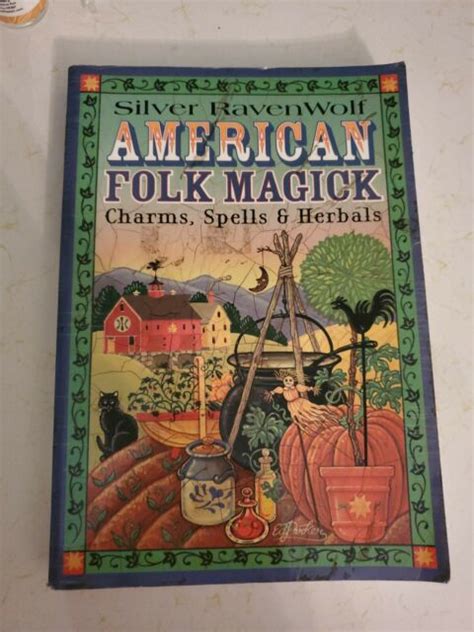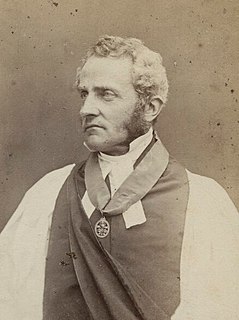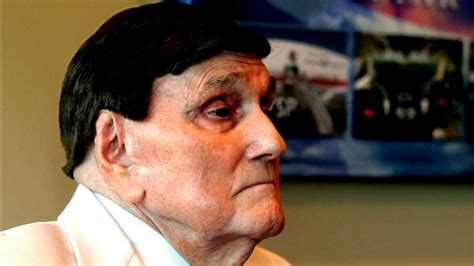A Quote by Mikhail Bakunin
All religions are cruel, all founded on blood; for all rest principally on the idea of sacrifice - that is, on the perpetual immolation of humanity to the insatiable vengeance of divinity.
Related Quotes
The final awakening is the embracing of the darkness into the light. That means embracing our humanity as well as our divinity. What we go from is being born into our humanity, sleep walking for a long time, until we awaken and start to taste our divinity. And then want to finally get free.
We see as long as we grab at our divinity and push away our humanity we aren’t free. If you want to be free, you can’t push away anything. You have to embrace it all. It’s all God.
[Photographer Julian Wasser] had this great idea that I should play chess naked with Marcel Duchamp and it seem to be such a great idea that it was just like the best idea I'd ever heard in my life. It was like a great idea. I mean, it was - Not only was it vengeance, it was art, and it was, like, a great idea. And even if it didn't get any vengeance, it would still turn out okay with me because, you know, I would be sort of immortalized.
After their return from Babylon, the practice of human sacrifice died out among the Jews, but survived as an ideal in one of its break-away sects, which believed that God accepted the torture-sacrifice of an innocent man in exchange for not visiting a worse fate on the rest of humanity. The sect is called Christianity.
Consider the wave of revulsion that floods the average person when he or she hears of the practice of human sacrifice by the Aztecs and other so-called primitive peoples. How savage and barbaric such practices seem. But when a Christian or Jew comes across human sacrifice in the Bible (see Jephthah's immolation of his daughter in Judges 11:30-40), is he or she repulsed?
So much blood has been shed by the Church because of an omission from the Gospel: “Ye shall be indifferent as to what your neighbor's religion is.” Not merely tolerant of it, but indifferent to it. Divinity is claimed for many religions; but no religion is great enough or divine enough to add that new law to its code.
In one of the Upanishads it says, when the glow of a sunset holds you and you say 'Aha,' that is the recognition of the divinity. And when you say 'Aha' to an art object, that is a recognition of divinity. And what divinity is it? It is your divinity, which is the only divinity there is. We are all phenomenal manifestations of a divine will to live, and that will and the consciousness of life is one in all of us, and that is what artwork expresses.












































